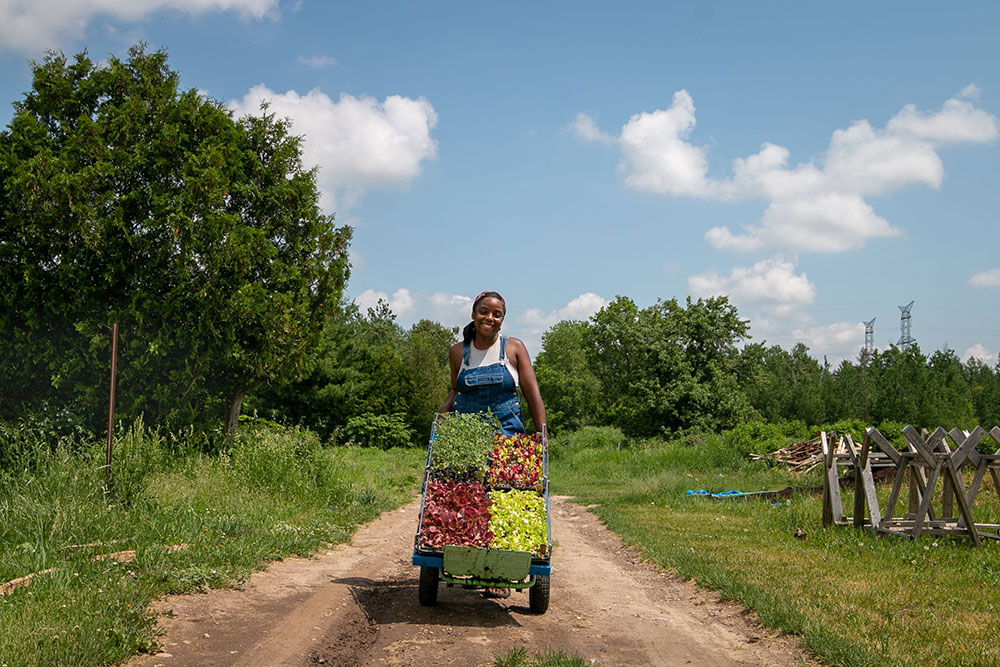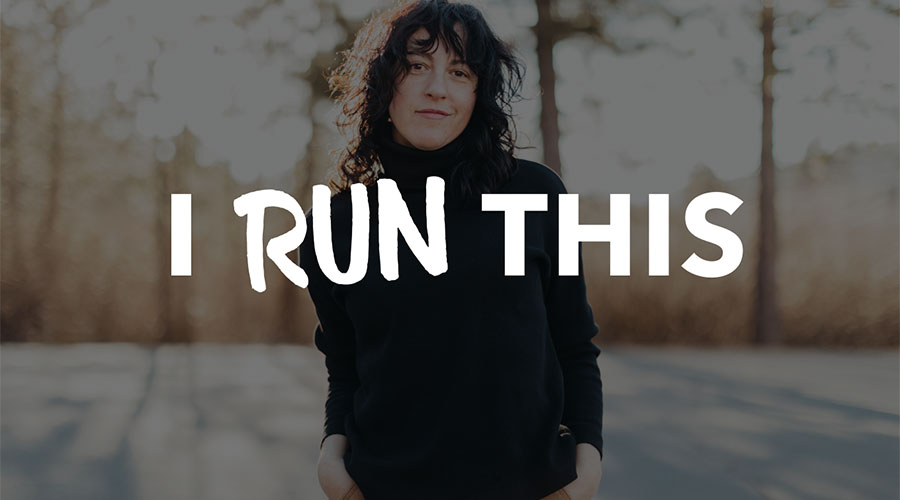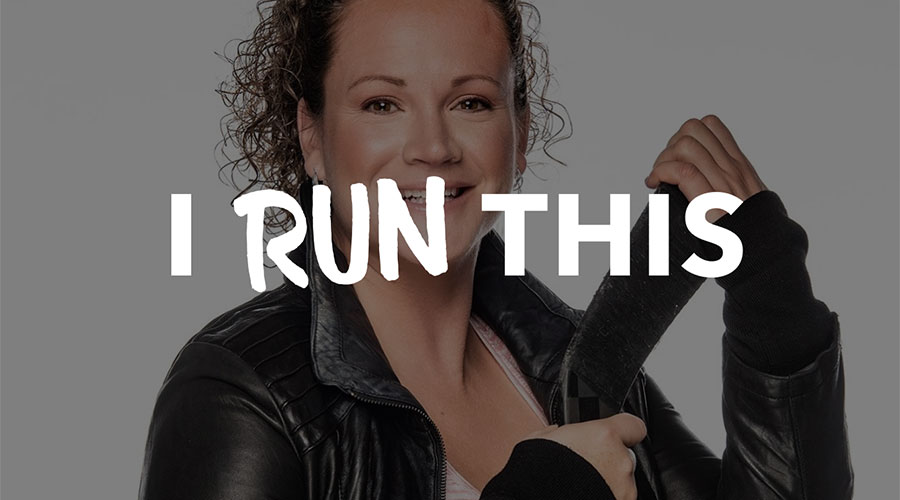What is the biggest lesson you learned in the first year?
It is incredibly difficult to run a business alone, at least at first. Last year I was the farmer, the market vendor, the social media manager, the sales and marketing team, the accountant and bookkeeper, and so much more all at once. As much as I thought I was prepared, there was a ton that I didn’t know and had to learn coming into this year, most importantly about building a schedule and routine that works for both me and my business.
What was the most surprising thing about becoming a business owner?
I’ve seen a meme online about people starting a business to “work their own hours'' instead of the standard 9-to-5, Monday to Friday working schedule, who end up working 24/7. I feel like this has been true for me so far. In some ways I enjoy it and in others, not so much!
What is an aspect of running a business that you needed to learn more about when you started? How did you learn about it?
I had a lot to learn about both commercial growing and owning a business. I gained a lot of knowledge from farming alone last season but still had a lot to learn about entrepreneurship. So last fall I took a program offered by my local small business center for people who’ve recently started businesses or would like to start one. The program taught us about how to build a realistic business plan, prepare a cash flow document and eventually present it to a committee for the opportunity to receive grant funding. I was really grateful to receive some of this funding to help cover the costs of moving to a new growing space this year.
How does running your own business make you feel?
Running Lucky Bug Farm has allowed me to express myself in a way I haven’t ever been able to before in my work. I’m able to channel my values into my work and to have people respond to that really makes my heart feel full.












